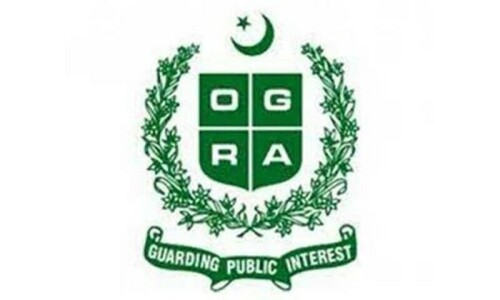ISLAMABAD: The Asian Development Bank (ADB) on Wednesday promised $2.5 billion to Pakistan to help support flood relief activities.
The “ADB will provide flood relief support to Pakistan to the tune of $2.3bn to $2.5bn including $1.5bn for the BRACE (Building Resilience with Active Countercyclical Expenditure) programme which will be placed before the ADB Board for approval during this month,” the Ministry of Finance quoted the Manila-based lending agency’s country director Mr Yong Ye.
An ADB delegation led by Mr Ye had a meeting with Finance Minister Ishaq Dar ahead of ADB’s board meeting scheduled to be held in the third week of the current month. The finance welcomed the delegation and appreciated ADB’s supportive role in promoting sustainable development in Pakistan. He updated the ADB team about the flood’s devastation and its impact on the economy.
“Pakistan’s economy faced huge challenges. The government with its pragmatic policy decisions has not only arrested the decline but has also set the economy in the right direction”, the minister was quoted as saying.
Mr Ye expressed sympathy for the loss of lives and properties in the devastating floods in Pakistan. He also updated the minister about ongoing and future projects of ADB in different sectors including social protection, food security and energy sectors.
The $1.5bn BRACE support to Pakistan under the countercyclical programme was earlier planned for post-Covid recovery. The Planning Commission had earlier expressed its reservations over the interest rate but later gave in owing to challenging foreign exchange conditions. The Planning Commission wanted this to be soft financing at around 2pc interest instead of ordinary capital resources (OCR) that attract about 3.15pc interest. This includes an interest rate of Secured Overnight Financing Rate (SOFR) topped with 0.75pc and a surcharge, finally working out at about 3.15pc. Normal SOFR is about 2.3pc.
Finally, the Central Development Working Party (CDWP) last month cleared the BRACE concept paper. The programme is outside the normal financing programme of the ADB and is relatively softer in terms of conditionalities. The countercyclical development expenditure programme is aimed to support food security, price stability, social assistance and entrepreneurship and employment creation.
Last week, the ADB president Masatsugu Asakawa promised that his bank’s board of directors in October would approve a $1.5bn countercyclical loan for Pakistan as he announced $14bn in support to the Asia and the Pacific nations to ease a worsening food crisis posed by impacts of climate change.
“The $1.5bn countercyclical loan for Pakistan is under process and would be approved in October”, he had said at a news conference at the launch of its annual meetings. “The ADB would continue its support in mitigating the climate change-related crisis in Pakistan,” he had said while responding to a question.
Published in Dawn, October 6th, 2022














































Dear visitor, the comments section is undergoing an overhaul and will return soon.